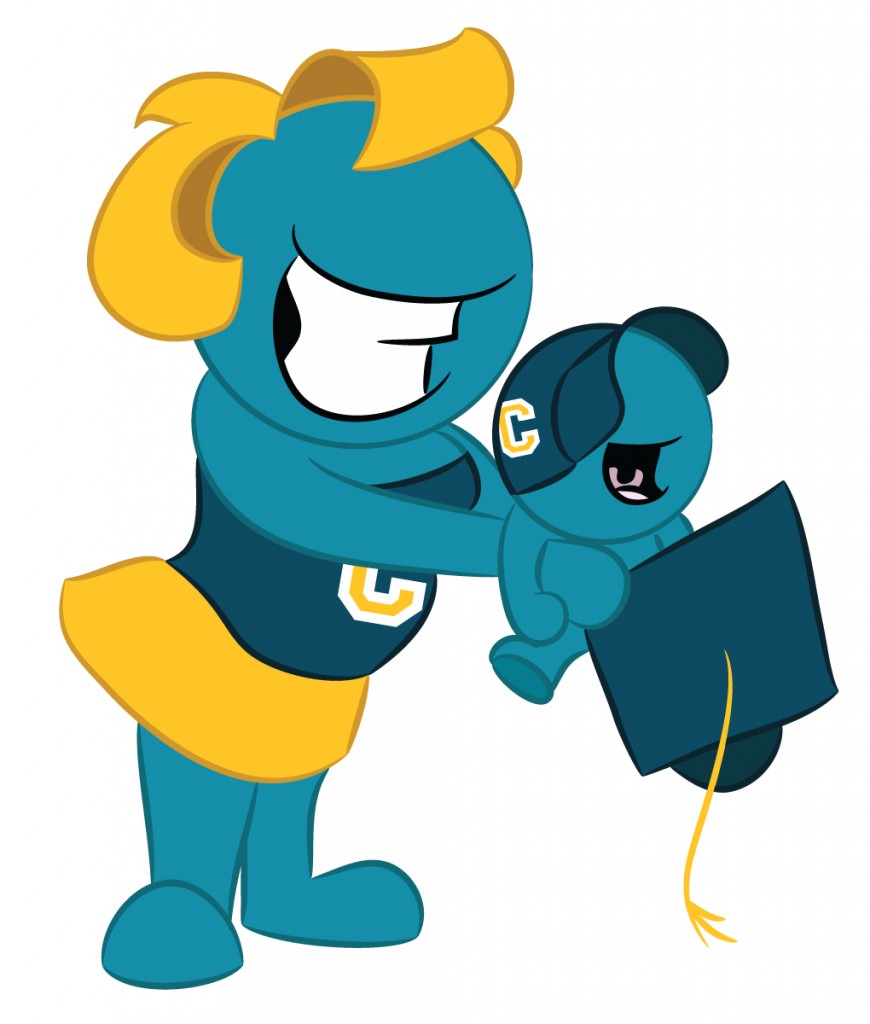Have the Right Attitude
Some parents believe their child is the star athlete of the team and will have no problem being scouted by college coaches across the nation. Even if this is true, it is this frame of mind that will eventually hurt the student-athlete and potentially place them way behind in their recruitment process. There may be many chances out there for your child to play college athletics, especially if they are talented and prepared to work hard to find those opportunities. As a parent, it is imperative that you are there to help your son or daughter find the right university options that will best fit their educational needs.
Don’t be a Pushy Parent
Remember that deciding what college to attend is your child’s decision. Make sure you are acting as a resource and not a hindrance in the sports recruiting process. Be sure to let your child–not you–take the initiative in their recruitment. Talk with them about the benefits and difficulties they may encounter when participating in collegiate sports, including scheduling, grades and finances. Make sure they are aware of the expectations of being a student athlete at a university.
Be Supportive but Don’t Do Everything for Them
It is understandable that you would want to be there with your child in the recruiting process. It is quite another thing if you are completing the entire recruitment process on your own with no input from your child. College coaches want to deal directly with student-athletes, not with their parents. Coaches want to see what type of character your child has and how they will contribute to their team. A coach does not want to deal with pushy parents who ask questions for their kids instead of letting the student-athlete speak for themselves.
Make the Big Decisions Together
Help your student-athlete make the big decisions–how much the family can afford to spend on college, what it will be like living away from home, what to major in and what will be a marketable career upon graduation. The list can go on from here depending on the family and the student’s needs. It is essential that you are there to help your child, but not to tell them what to do or where they should go to school. That choice is up to them.
How to Help Your Athlete Get Noticed by College Coaches
If your son or daughter wants to continue playing in college research schools and teams early in their high school years. Help your child build a resume and make a highlight video they can send to coaches. Help them to be organized and help them keep in contact with coaches they hear back from. This is a great way to build lasting skills that will benefit your athlete throughout his life.
Don’t Rely on Your Current Coach
Your kid’s high school or club coach may be helpful during the recruiting process. But don’t count on it. Remember that coaches have many athletes and have very little time to seek out college coaches across the nation in hopes of promoting a single athlete from their team. Sure they want the best for your student-athlete. They may even say they are helping in the recruiting process. In reality it is your student-athlete’s job to take the lead in this process. Ultimately, they will be the one making the final decision on where they want to go to college and who they want to play for.
Be Aware of Eligibility Standards and Stay Organized
Encourage your child to keep up with academic eligibility standards for the schools they are interested in. Stay on top of SAT and ACT testing dates and what your student-athlete will need to score in order to be eligible for collegiate play. Help your son or daughter stay organized. Contacting coaches and keeping track of emails and letters can be confusing. Make sure to create a system that will help you and your child in keeping track of all college contacts. Together–with your child–check up on college requirements to see where he or she stands. The NCAA has a sliding scale, including GPA and the SAT or ACT scores, while the NAIA has minimum requirements. Lastly, remember that you are there to assist your child in their recruiting process, to help when they have questions, and to guide them when they lack direction.
If you have any questions or comments about recruiting mistakes please use the comments section below or connect with us on Facebook or Twitter.